“Hello! I am ChatGPT, an AI language model developed by OpenAI. My main purpose is to assist you by generating text-based responses to your questions and prompts. I’ve been trained on a wide variety of text sources, including books, articles, websites, and more to understand and provide human-like text based on the input I receive.”
This was ChatGPT’s response when asked what exactly it is. This chatbot, along with many other forms of AI technology, has taken the world by storm in the past year. It has been used by people all over the world for various purposes, such as explaining complex topics, summarizing articles, generating prompts, and even writing essays.
However, a wave of concern has recently spread throughout schools over students’ use of the chatbot to write essays and do their work for them. ChatGPT has taken plagiarism to a whole new level, as the program takes data from various sources in order to generate a unique response.
According to teachers such as Ms. Sunshine Phelps, who teaches AICE and AP English Language, the negative effects of AI technology have taken a toll on both students and teachers. “It automatically creates another boundary between me and the student. It creates another hurdle that teachers have to jump, but also something students can put in between them and the learning process,” she explained.
Although some may view the use of AI as a helpful tool rather than a form of cheating, others consider the use of these programs as violating academic integrity. Mrs. Altimore, who teaches AICE General Papers, says it is crucial for students to display academic integrity, especially in an era where technology has made it much easier to be dishonest. “A person who has academic integrity takes pride in what they choose to do. They want it to be their work. If it’s not done, they take the courage to say, ‘I’m sorry, I didn’t do it,’ rather than cheat or copy from someone else.”
Wide-ranging advancements in AI technology have also raised questions concerning the enforcement of plagiarism guidelines. Many schools have recently adjusted their rules and expectations to accommodate for the rise of AI and chatbots. Ms. Sunshine Phelps says, “[The guidelines] have changed so that they now include that it’s not just looking for things that are established, but also creating things artificially. However, it hasn’t changed the fact that students still need to do their own work.”
Many teachers on campus have also taken the time to discuss plagiarism and academic integrity with their students. For example, Mrs. Altimore, who only teaches freshmen, says that because younger students are still on a learning curve, it is important to acknowledge plagiarism in the classroom. She explains, “Freshmen are still learning, and they sometimes don’t realize what plagiarism totally is, so I like to talk with them to help them learn the importance of having academic integrity.”
However, concerns of plagiarism and the use of AI to cheat are not relatively new. For instance, many teachers have required students to turn in assignments using programs that can detect cheating and plagiarism. Alessandra Moreno is a Sophomore at Pines Charter, who says, “Even last year, a lot of my teachers made us submit things on TurnItIn, so that they would know if we cheated, or used AI and things like that.”
So, the question remains: in this digital age, is artificial intelligence helping us critically think and come up with our own ideas, or are we relying on it too heavily in the classroom? The answer to this question could influence the way we learn and think in future years.
















































![Varsity Volleyball Senior Abigail Reyolds [left] standing alongside her fellow teammate and captain of the team Senior Sophia Peterseil before their game.](https://ppchsnews.com/wp-content/uploads/2025/10/ABBY-AND-SOPHIA-COVER-1200x673.jpg)






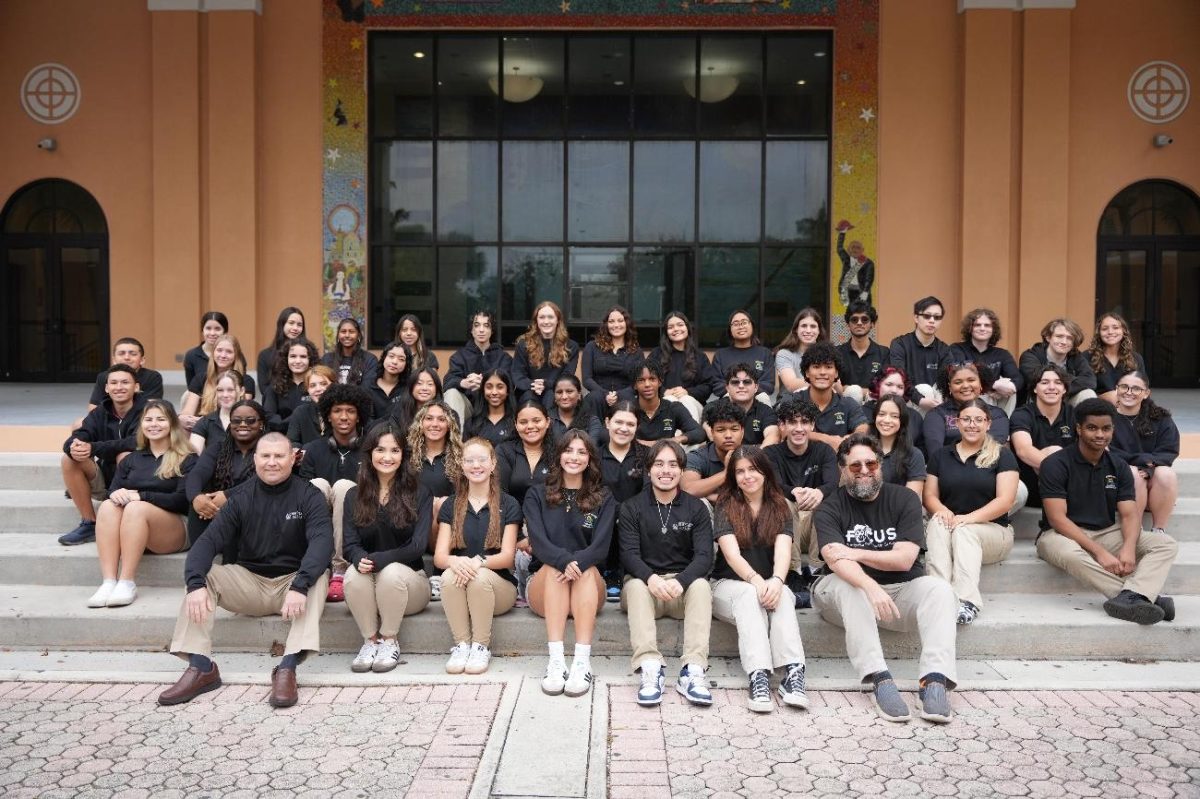
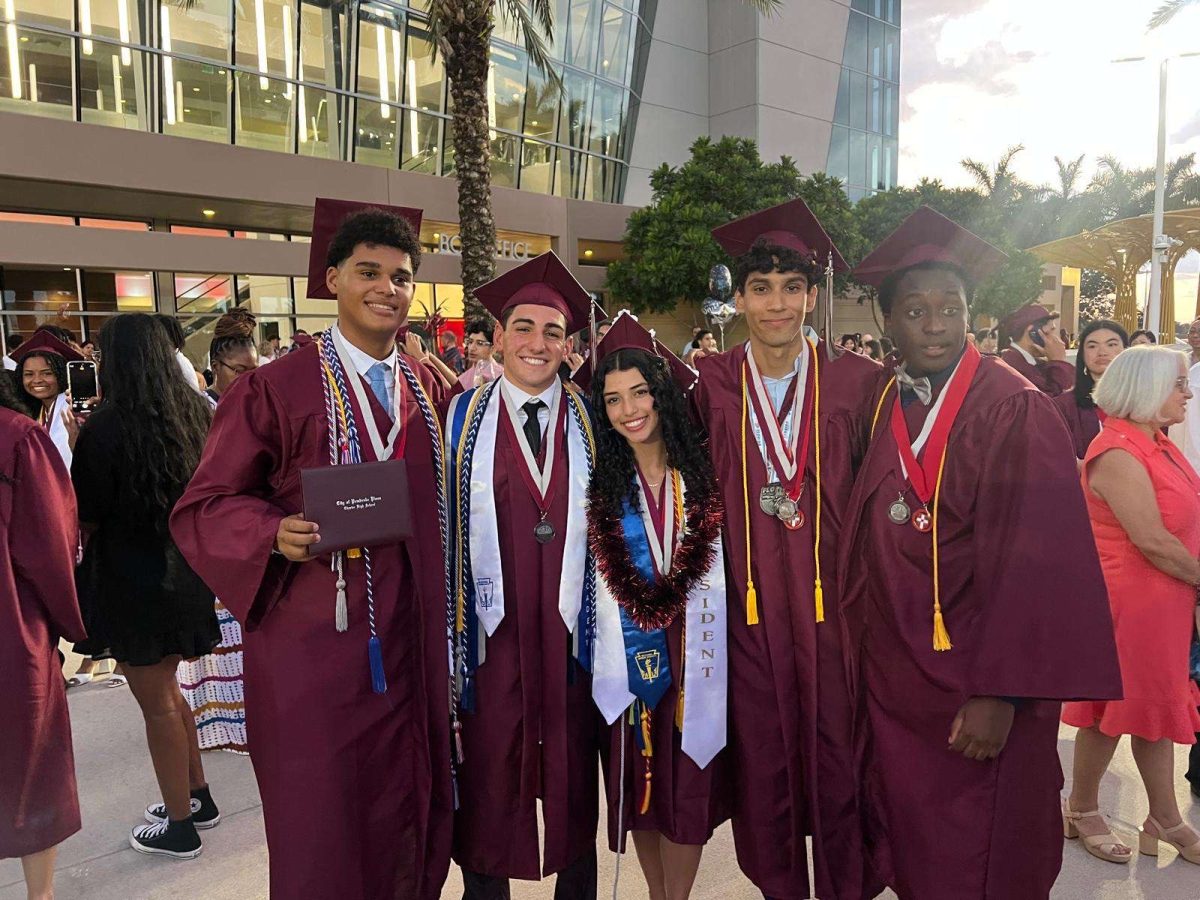
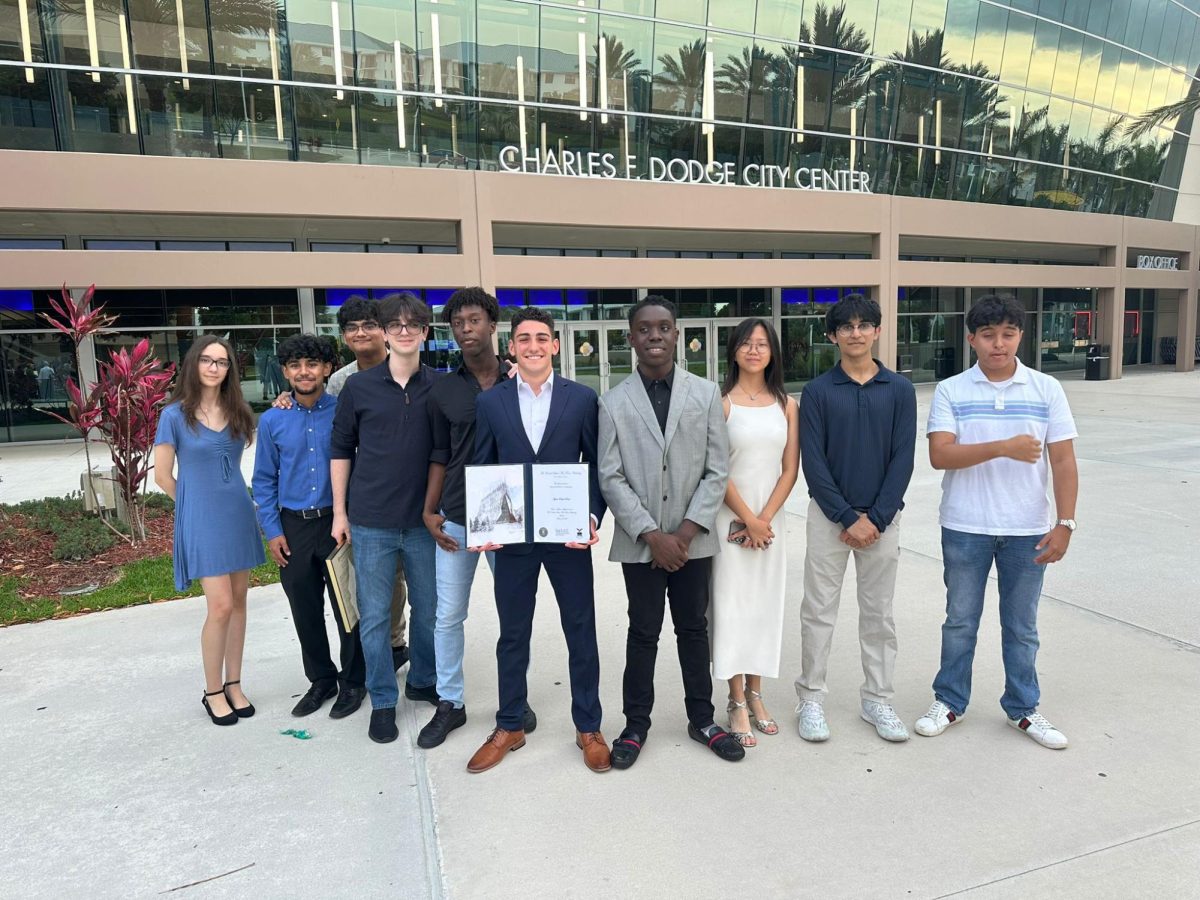
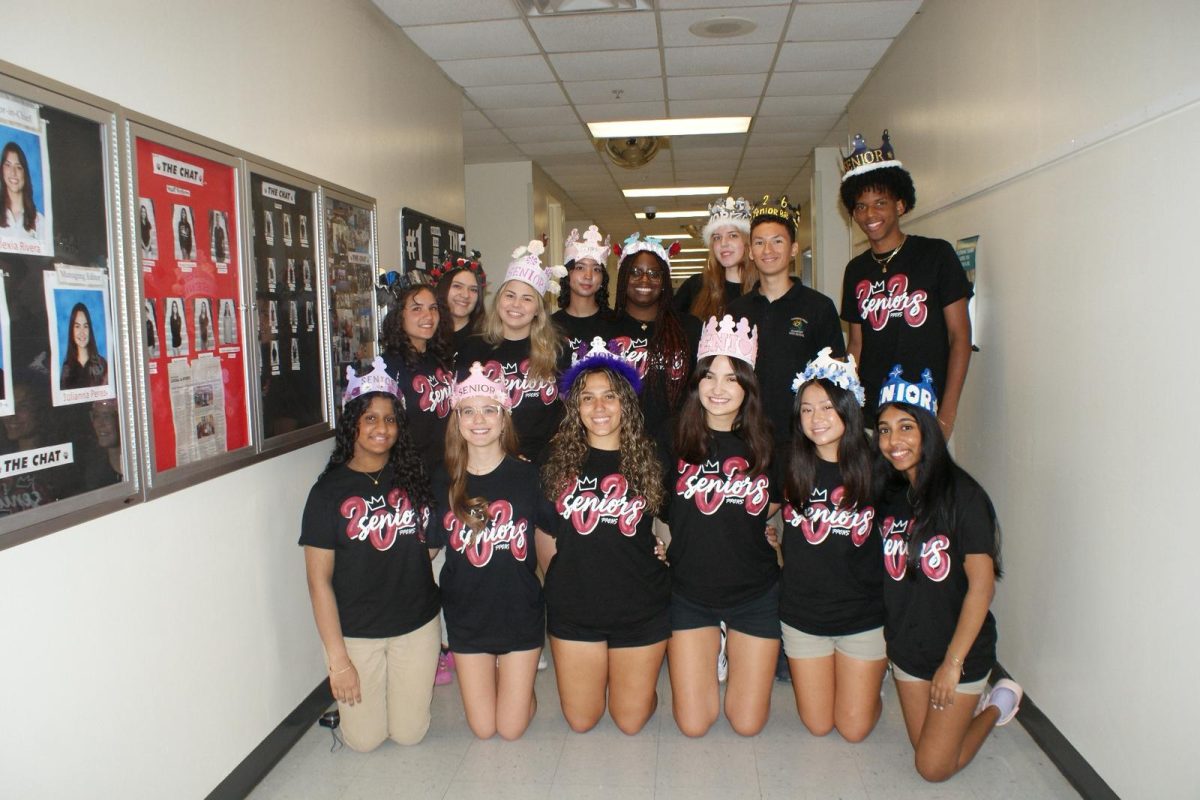


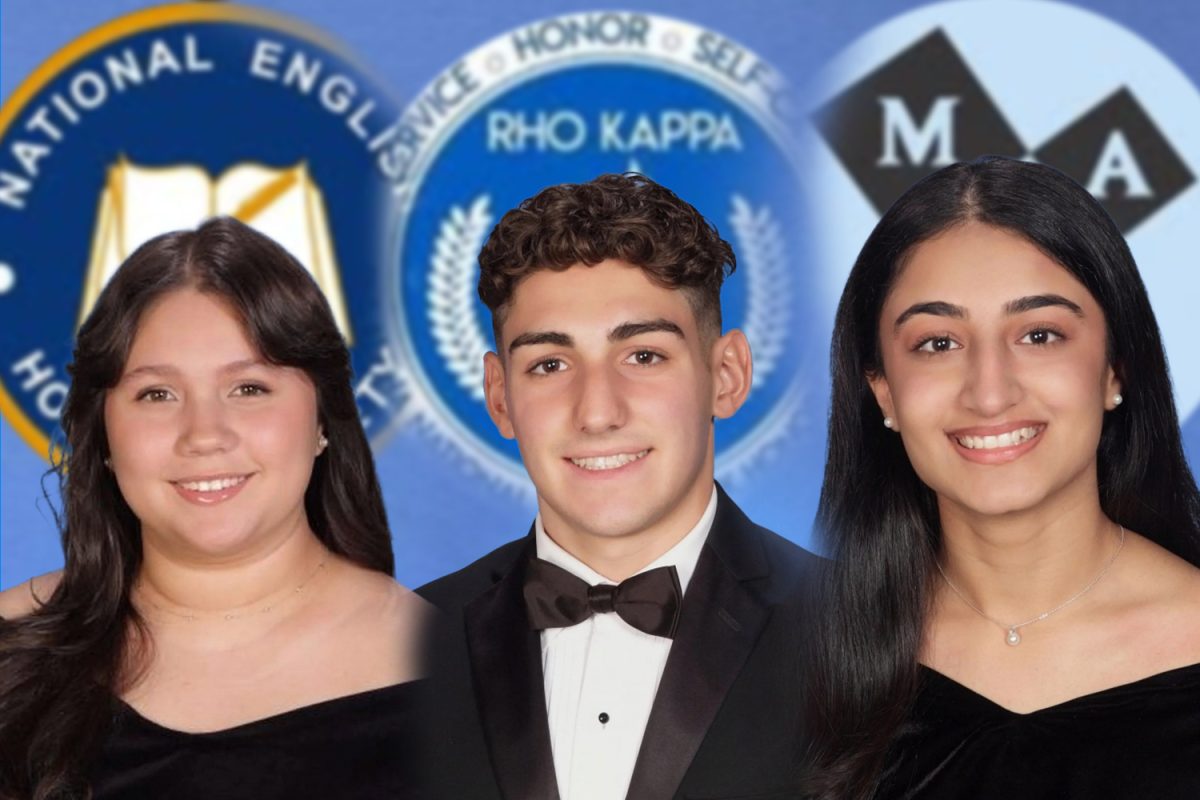


Jonathan • Oct 2, 2023 at 8:52 AM
It is a shame that some people are using AI to cheat since AI seems like a nice step forward for technology and entertainment but now its just being used for plagiarism.
Micah • Sep 6, 2023 at 2:27 PM
The rhetorical question at the end is very thought provoking. Will it help us in a positive or negative way in the long run?